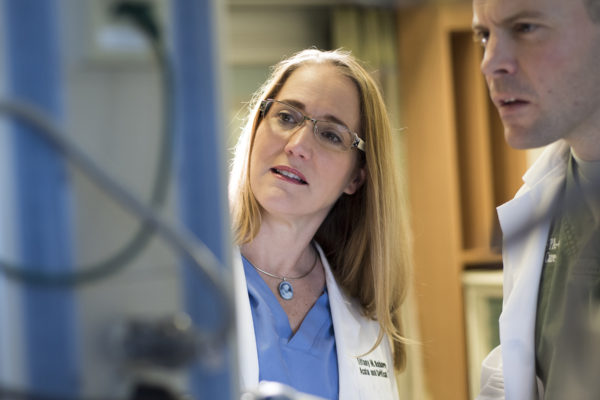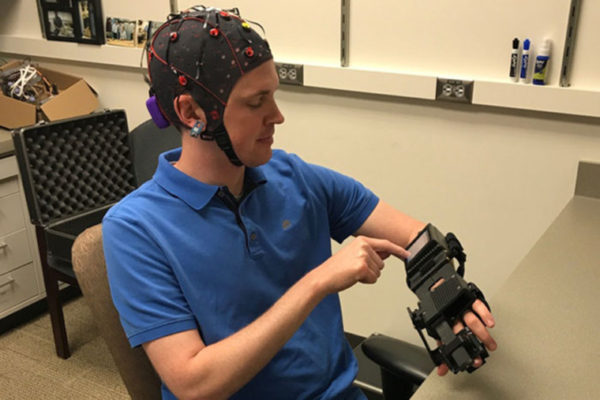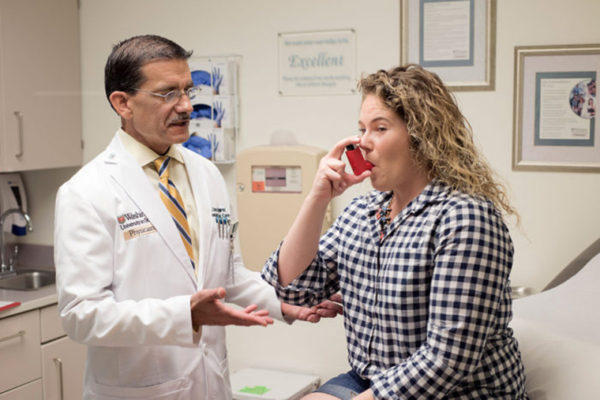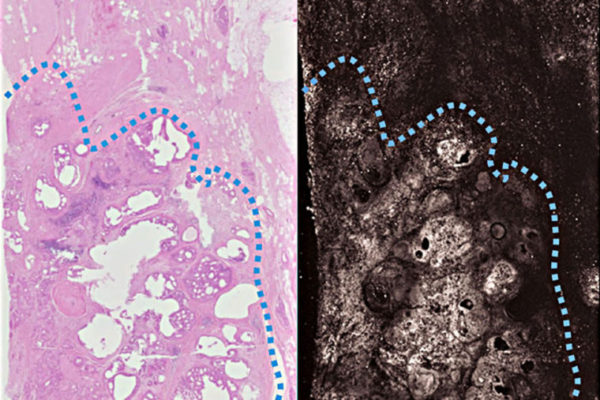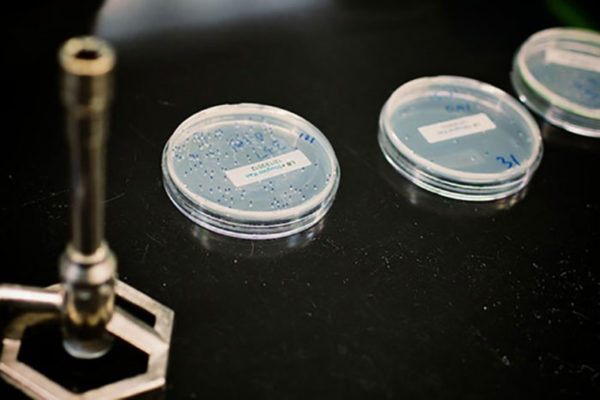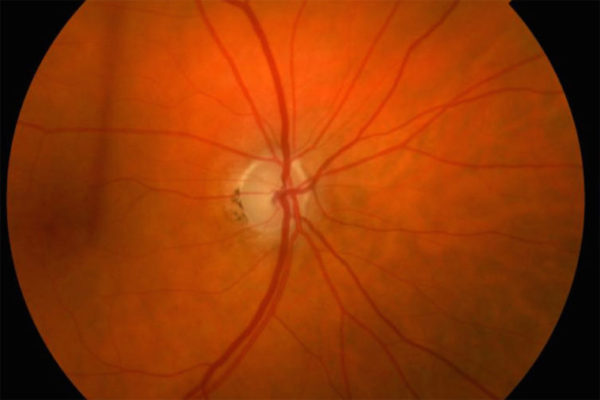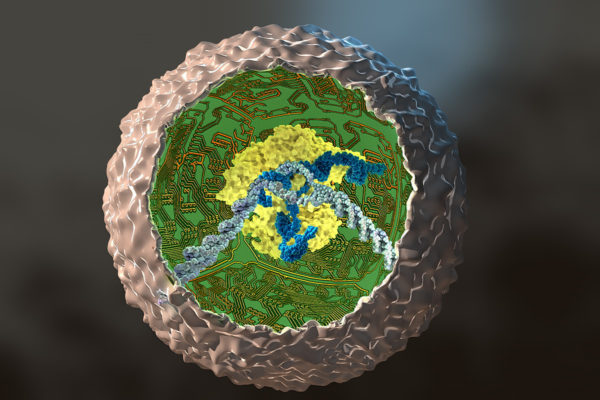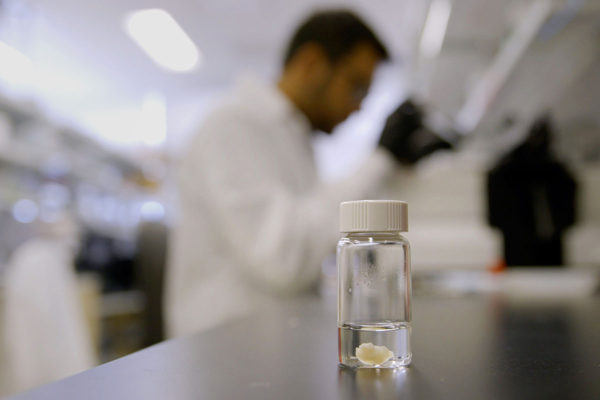Drug believed to reduce postoperative pain and delirium does neither
A new study by anesthesiologists at Washington University School of Medicine in St. Louis and the University of Michigan Medical School sheds new light on the drug ketamine.
Study urges aggressive treatment for sepsis
Tiffany M. Osborn, MD, professor of surgery and of emergency medicine at Washington University School of Medicine in St. Louis is a leading expert in sepsis. She co-authored a study published May 21 in The New England Journal of Medicine that stresses the need for an aggressive response to the condition.
Mind-controlled device helps stroke patients retrain brains to move paralyzed hands
Stroke patients who learned to use their minds to open and close a device fitted over their paralyzed hands gained some control over their hands, according to a new study from Washington University School of Medicine in St. Louis
Cancer drug may help patients with severe asthma
A small clinical trial conducted in part at the School of Medicine suggests that some patients with severe asthma may benefit from a drug commonly prescribed to treat chronic myeloid leukemia.
New imaging technique aims to ensure surgeons completely remove cancer
Researchers at the School of Medicine in St. Louis and California Institute of Technology have developed a technology to scan a breast tumor sample and produce images detailed enough to check whether a tumor has been completely removed.
Antibiotic resistance circumvented in lab
As dangerous bacteria grow more savvy at evading antibiotics, researchers are seeking new ways to counterattack. Rather than design new drugs from scratch, some scientists are searching for ways to block the microbes’ evasive maneuvers. If resistance can be shut down, current drugs should remain effective. That concept is demonstrated in a new study from the School of Medicine.
Many Washington University medical students seek dual degrees
Nearly one-third of the 135 students graduating this month from the School of Medicine will receive more than one degree. Those 44 students also will have earned advanced degrees in fields such as public health, biology and business. The drive for dual degrees reflects burgeoning motivation among physicians-to-be, particularly those attending the nation’s top-tier medical schools.
Potential predictor of glaucoma damage identified
Researchers at the School of Medicine have identified a marker of damage to cells in the eye that potentially could be used to monitor progression of glaucoma and the effectiveness of treatment.
Stem cells edited to fight arthritis
Using new gene-editing technology, researchers at the School of Medicine have rewired mouse stem cells to fight inflammation caused by arthritis and other chronic conditions.
Antibody helps detect protein implicated in Alzheimer’s, other diseases
A team led by Washington University School of Medicine scientists has found a way to measure tau levels in the blood. Damaging tangles of the protein tau dot the brains of people with Alzheimer’s and other neurodegenerative diseases.
Older Stories

